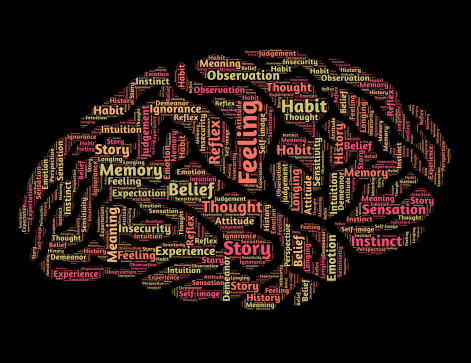J Nurs Manag. 2020 May 20. doi: 10.1111/jonm.13049.
Abstract
Aim: To assess the effect of a 4-week Mindfulness-Based Training intervention on improving stress, anxiety, depression, and job satisfaction among ward nurses.
Background: Previous literature showed that mindfulness training is useful for helping nurses cope with stress.
Method: Nurses who have mild to moderate levels of stress, anxiety, and depression identified from a teaching hospital were invited to a randomized control trial. The intervention group had a 2-hour Mindfulness-Based Training workshop, followed by 4 weeks of guided self-practice Mindfulness-Based Training website. Both the intervention group (n=118) and the control group (n=106) were evaluated pre- and post-intervention, and 8 weeks later (follow-up) using the Depression, Anxiety, and Stress Scale-21, Job Satisfaction Scale, and Mindful Attention Awareness Scale.
Results: There was a significant effect over time on stress, anxiety, depression and mindful level (p˂.05). Regarding the difference between the groups and interaction between time and group, there was a significant effect for anxiety (p=.037 p=.008) and job satisfaction (p˂.001, p=0,40) respectively, with moderate effect size for anxiety reduction (0.465) and small for job satisfaction increment (0.221).
Conclusion: Mindfulness-Based Training is effective in improving anxiety and job satisfaction among nurses.
Clinical implications for nursing management: Mindfulness-Based Training can be included as hospital policy to reduce anxiety and increase job satisfaction among nurses.
Link to journal page here
Members or DBTH libraries can request full text via our Article / Book request service here




